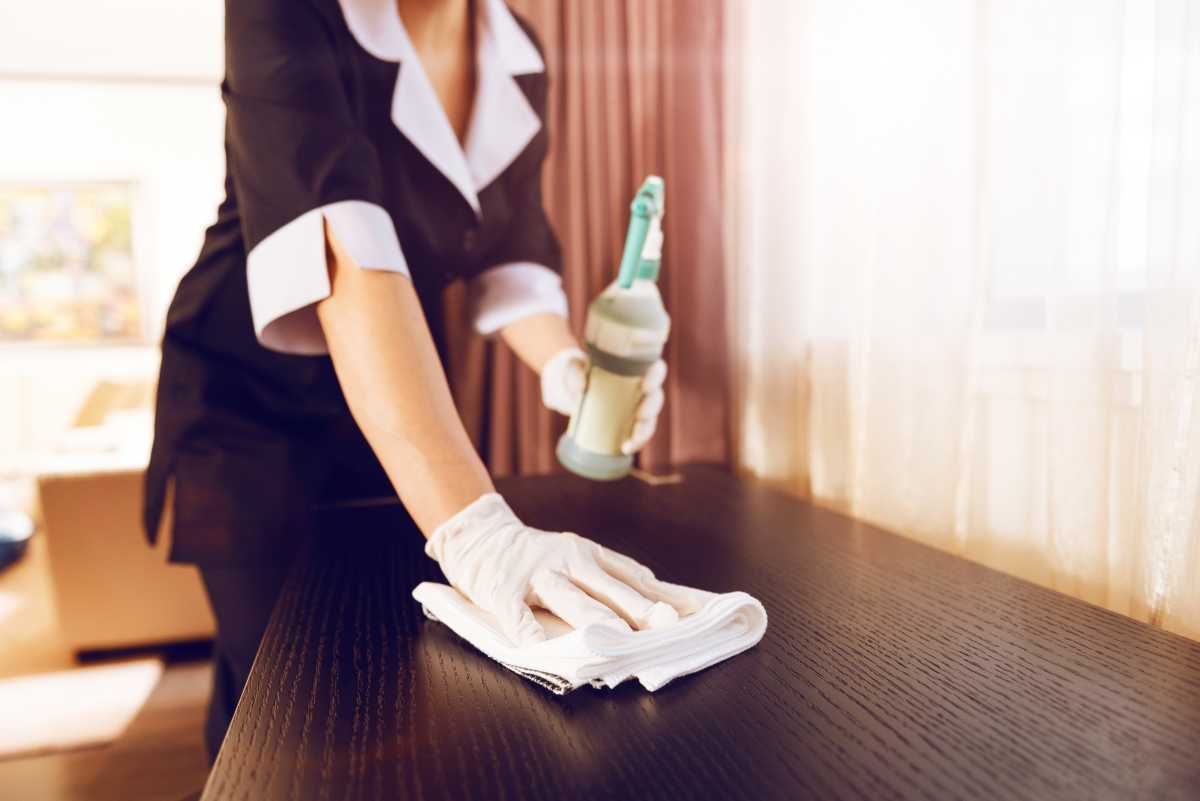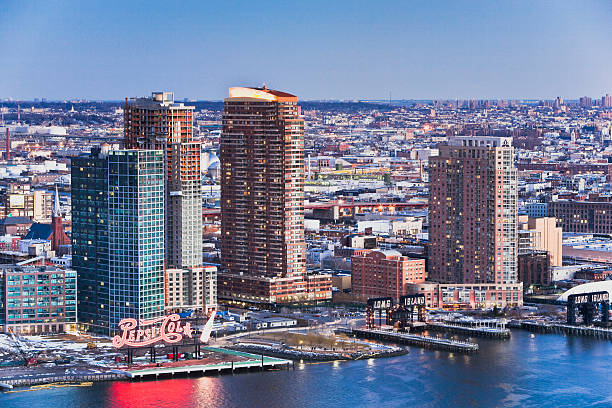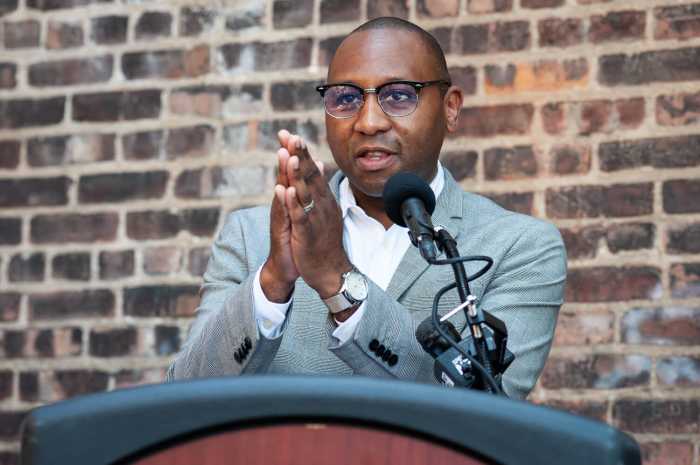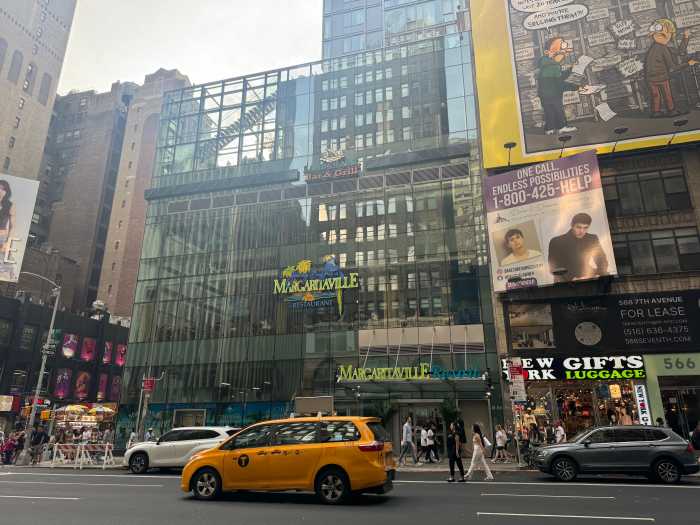When most people come to New York to stay at one of our many world-class hotels that becomes their home base for what they hope will be a trip of a lifetime.
However what many guests to our city don’t know is that a significant number of hotels — roughly 70% of non-union properties — don’t actually employ many of the workers who you count on to make your stay safe, clean and enjoyable. Instead, we have seen a shadow industry of subcontracting firms take over a large chunk of our hospitality accommodations.
As formerly subcontracted hotel workers at the Margaritaville Resort in Times Square, we learned first-hand that working for a middle-man subcontracting agency is substantially different than working directly for the hotel. From pay irregularities, including outright wage theft, to oftentimes being forced to work for free, to having to navigate unsafe and hazardous working conditions without proper training or equipment, being a subcontracted worker presents many problems.
As city lawmakers consider the Safe Hotels Act, we want to share our first-hand experience and perspective. Some greedy companies that want to profit on the backs of workers and customers are trying to spread fear and misinformation about the Safe Hotels Act, including a claim that it would put subcontracted hotel workers out of work. As formerly subcontracted workers, we can tell you this is not true.
When we started at the Margaritaville, we were all employed by a middle-man subcontractor. The work was extremely difficult, there was little regard for our safety, and we frequently lacked the supplies we needed to do our jobs.
Our room cleaning quota was higher than almost any other hotel, which was physically grueling and painful, not to mention often simply too much to complete within 8 hours. Many of us had to work off the clock, without pay, to complete our quota.
When we worked for the subcontractor, we were paid just $17 per hour. The subcontractor eventually quit its contract and left the hotel, and the hotel owner became our direct employer, thanks in large part to New York City’s Hotel Worker Retention Law. We did not lose our jobs when the subcontractor left, and the hotel started paying us $23 per hour — a 35% increase!
Any reasonable person might wonder why the hotel would pay a premium to the subcontractor. The answer is simple. Margaritaville, like many other hotel employers, was willing to pay more to avoid legal liability, which is exactly what happened in our situation.
When we were working for the subcontractor, we started talking about forming a union. There were 40 of us then, and when the subcontractor found out we were starting organize, they fired 11 of us immediately.
While the subcontractor eventually settled with the federal government for $150,000 in back pay for the firings and we got the right to return to our jobs, the owner of the hotel was able to avoid any financial liability for the firings and all the other illegal actions by the subcontractor during our union fight. That’s because they claimed that, even though we showed up to work at the hotel every day, we weren’t technically the hotel’s “employees.”
After the subcontractor left, we completed our organizing drive and joined a union. In our first contract, we won wage increases to $29 per hour (almost twice what we earned with the subcontractor), free family healthcare, paid time off, and a retirement plan: all things we didn’t have working for the subcontractor.
Now that we have a union, we are already entitled to all of the other workplace protections outlined in the Safe Hotels Act, like panic buttons to protect us from sexual assault to basic workplace safety policies. We had to form a union and go through extremely difficult ordeals to secure these protections -but these are basic protections that every NYC housekeeper should be entitled to. No one should be using dangerous cleaning chemicals without gloves or entering guest rooms alone with no way to call for help.
The idea that this bill will kill jobs is ludicrous. Our jobs weren’t killed when our subcontracted employer left the hotel. To the contrary, our jobs (and our pay) got much better.
As hotel workers, we hail from all over the world, from Latin America to Albania to Tibet, speaking different languages and practicing different faiths. But one thing that unites us all is that the day our subcontractor left the Margaritaville was the best workday of our lives. We urge the City Council to pass this much-needed legislation.
For every success story like ours, there are so many more sad tales of subcontracted workers who have been injured on the job, cheated out of their wages, and fired by their employer at the drop of a hat. Our fellow hotel workers deserve better.
Mark Bellamy is a houseperson, and Sonia Umanzor is a room attendant, at the Margaritaville Resort Times Square.
Read More: https://www.amny.com/oped/






































